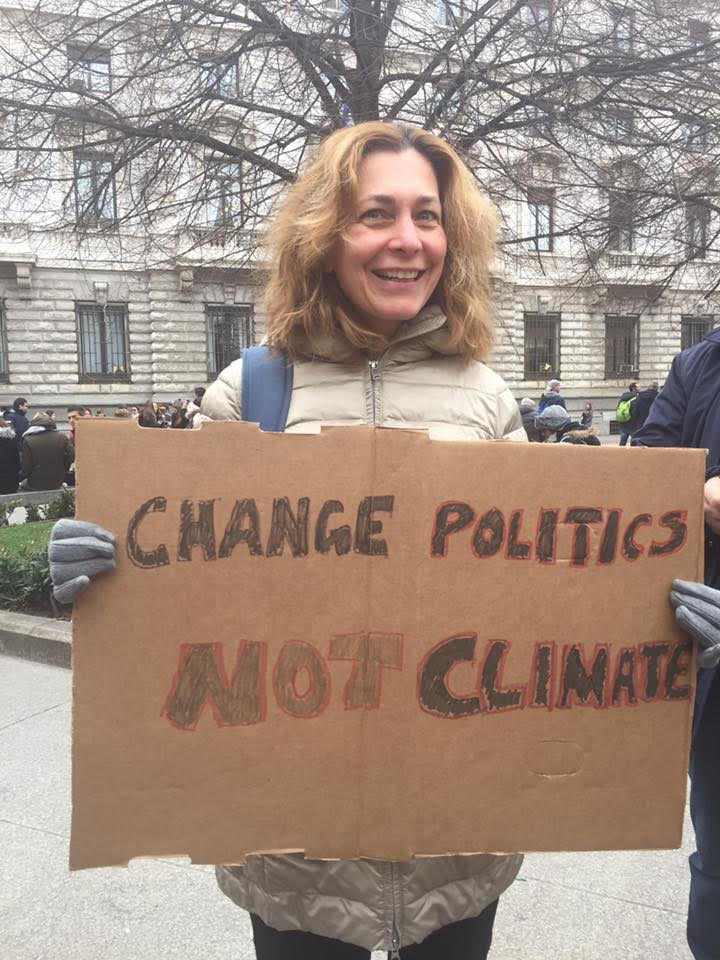

This is said to provide support for optimism bias. Our research supports a re-examination of optimism bias before allowing it to guide clinical research and policy.” Research has suggested that people fail to learn from bad news when told the actual chance of experiencing a negative life event, such as cancer. “This assumption that people are optimistically biased is being used to guide large infrastructure projects. RELATED: Three simple things that will make you happier One reports that confronting people with climate-change warnings provoked higher levels of ethnocentrism among residents of a central European nationand decreased their intentions of acting in Earth-friendly ways.

“Previous studies, which have used flawed methodologies to claim that people are optimistic across all situations and that this bias is ‘normal’, are now in serious doubt,” study author Dr Adam Harris, from University College London, said. That is the discouraging finding of two newly published studies. Optimism bias is even taken into account by the government when planning and funding large infrastructure projects, it is claimed. The findings are important because belief in optimism bias can affect the way policymakers deal with issues ranging from financial crises to obesity and climate change. RELATED: Why negative thinking might actually make you happierĪfter reassessing the evidence scientists concluded there was no basis for the claim that optimism bias is fundamental to human psychology. For decades experts have believed it is normal to expect good things to happen in the future and underestimate the possibility of bad outcomes - a trait known as “irrational optimism bias”.īut a new study suggests this assumption may be based on flawed research. The widely held view that people naturally look on the bright side of life may be wrong, say UK psychologists. Theres ignorance (not knowing enough about environmental problems, or which solutions to take), uncertainty resulting in postponed action (is climate change.


 0 kommentar(er)
0 kommentar(er)
